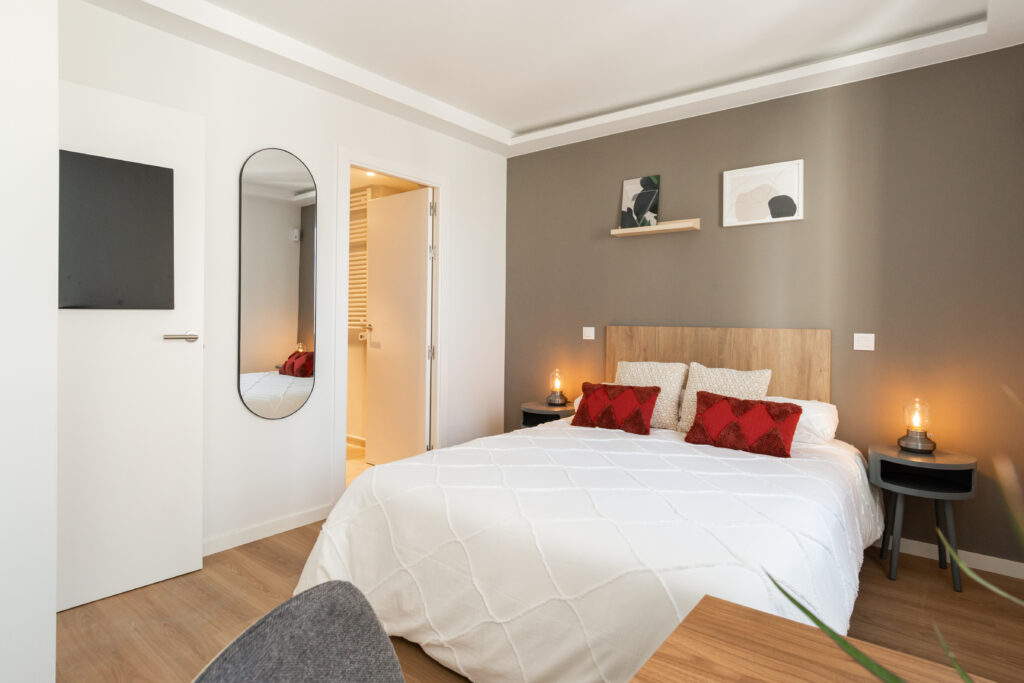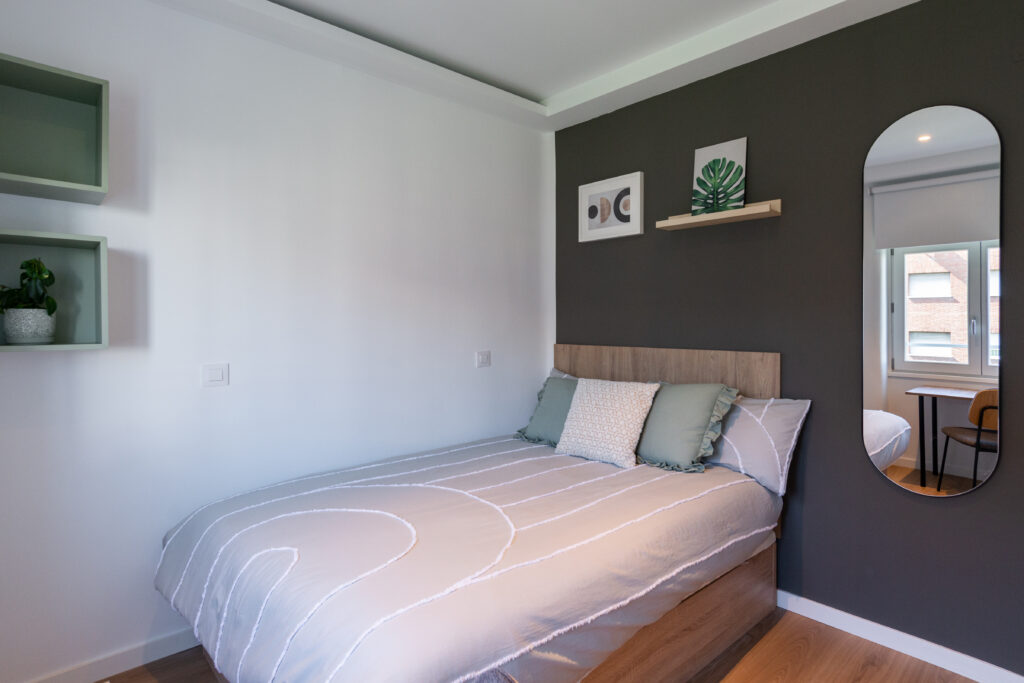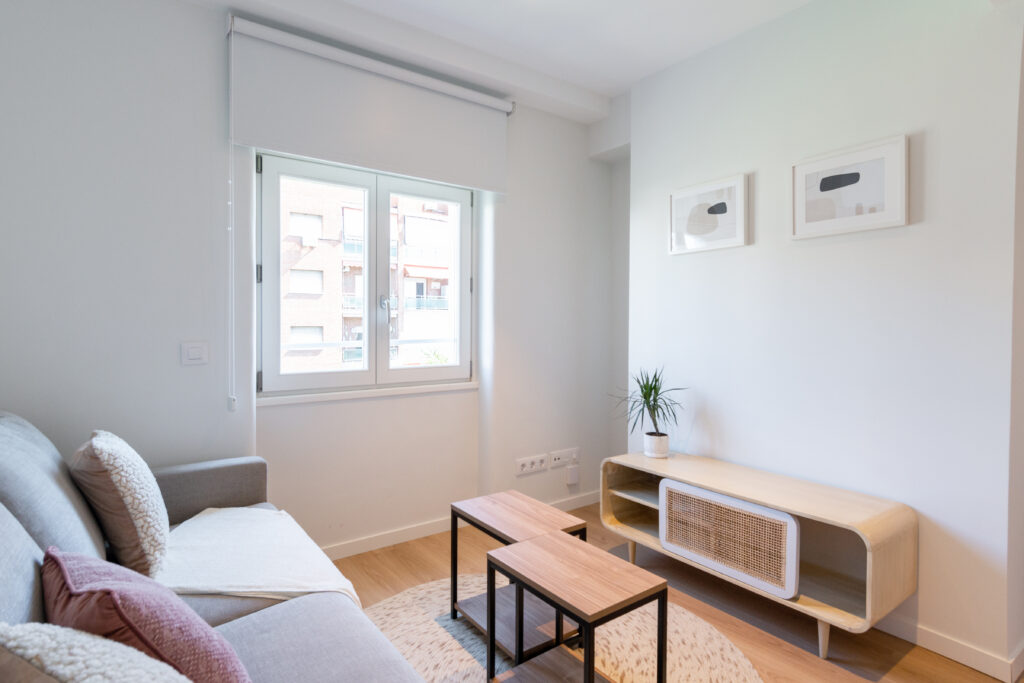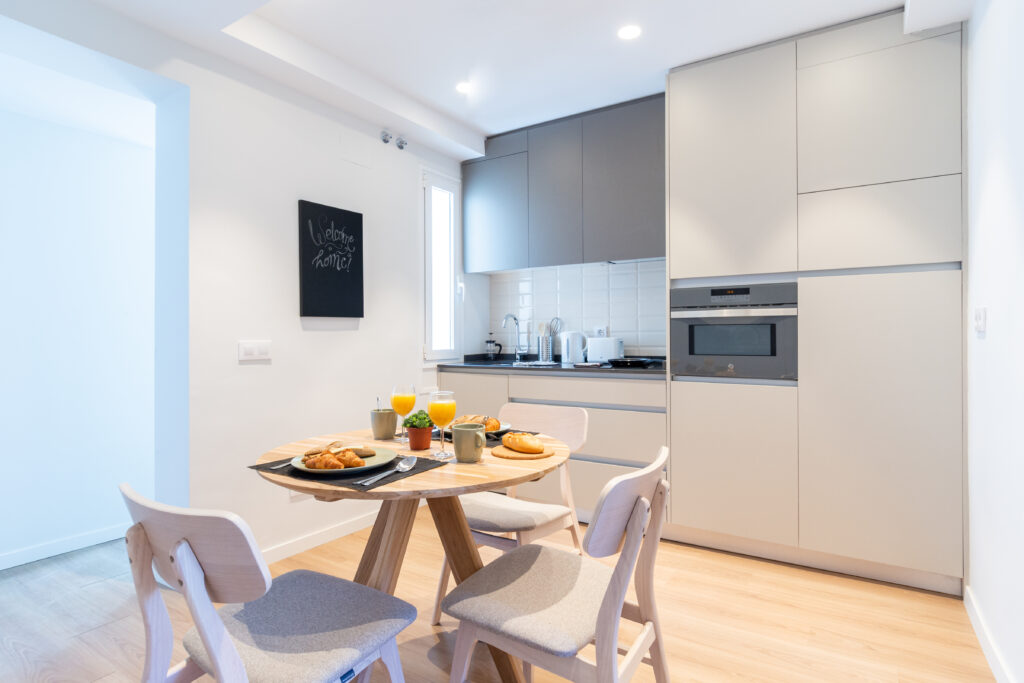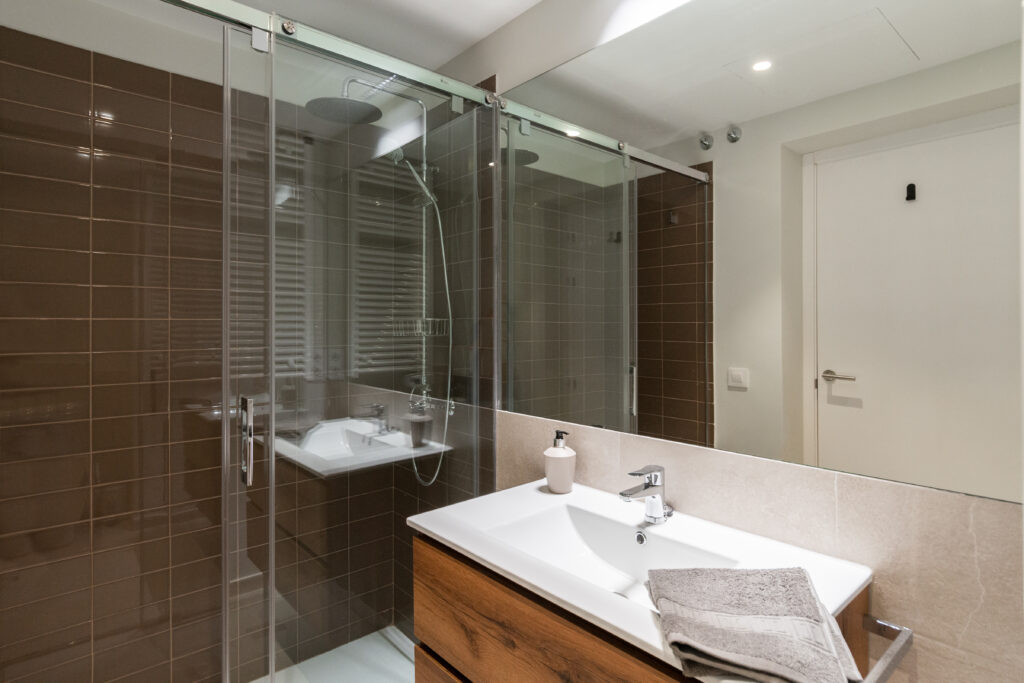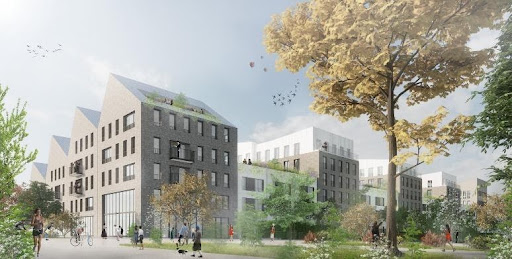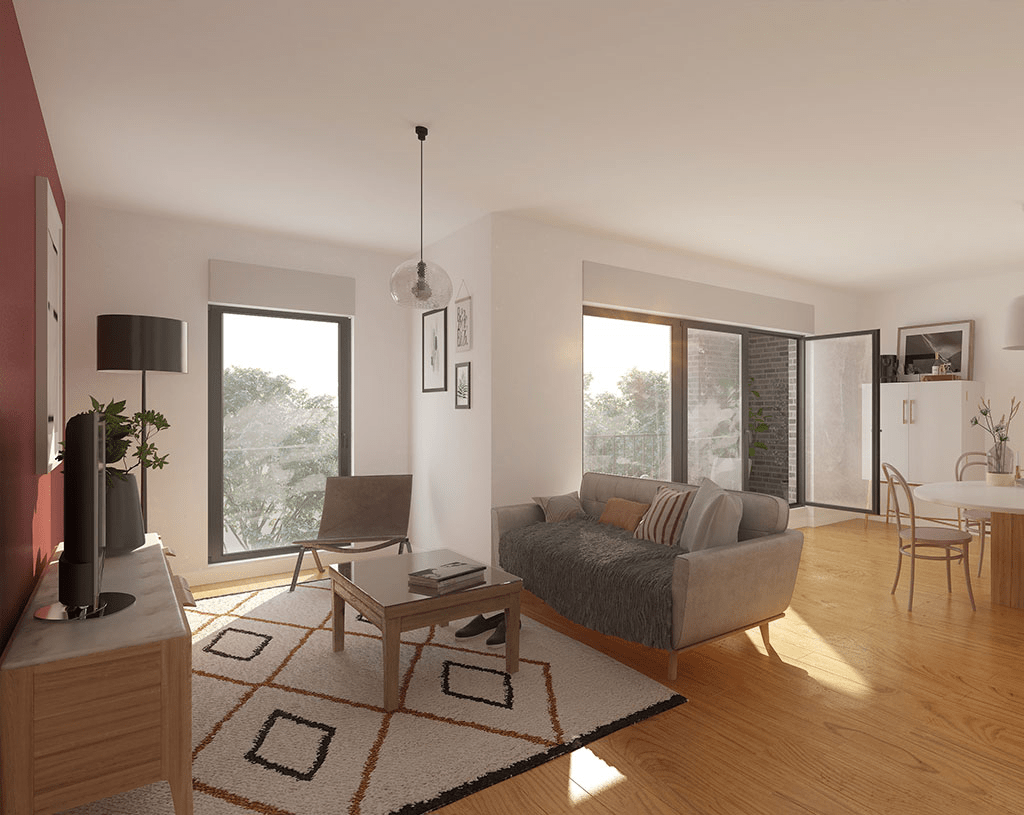As coliving and coworking in France continue to rise Nexity wrote an article stating where these social ways of living are available to those who are searching for diversity.
To view the original article in French, please click here.
Coliving, and coworking are available in the city as well as in the countryside. These new living and working spaces are developing to allow for more social and intergenerational diversity and simply to meet the aspirations of the French to live together.
Coliving, coworking. These two Anglo-Saxon terms have been confused for a while in France, but they are making their way into the minds of people and territories where new housing and workspace formats are developing. The number of coliving spaces rose to 8,300 in 20211 from 5,000 in 2019 and the number of coworking spaces reached 2,8002 from 1,700 two years earlier. For Maxime Armand, founder of the coliving company Urban Campus, it is above all “a new way of living together in cities”.
When coliving and coworking provide the solution
“Coliving and coworking are a response to the new expectations of young, mobile, ambitious workers who are open to meeting others,” says Maxime Armand. In short, they meet the aspirations of French people looking for social interaction, budget savings, and mobility. “In Europe’s major cities, more than 50% of households are composed of a single person. Lifestyles have changed, studies are longer, we get married later, have children later…the average household size keeps decreasing over time, so there is a need for smaller housing.”
As for coworking, many companies and employees have taken the plunge. There are lower real estate costs for companies and more freedom for employees to work remotely from anywhere in the world. The Urban Campus buildings also include coworking spaces where residents and outside workers meet, leading to “great encounters.”
Diversity as an asset
Shared living and working spaces would not exist without a desire to live together beyond the purely economic advantages. This is illustrated by the success of coworking spaces created in retirement homes, where workers and residents live together on a daily basis, as in Marseille at the Ehpad Les Jardins d’Haïti, part of the “Un tiers-lieu dans mon Ehpad” program launched by the Caisse nationale de solidarité pour l’autonomie in partnership with France tiers-lieux.
If these schemes are so successful, it is also because of the mutual benefits they bring. In coliving or shared housing, older people can provide services to those who are younger, such as the option of babysitting their children, while those who are younger could return the favor and sometimes do the grocery shopping for their elders. For example, in Le Havre, a former fire station had been renovated into intermediate rental housing, housing for home ownership, mainly for young workers and families, and housing for seniors with an art gallery open to the general public. In Le Havre, they combine social diversity, generational diversity, and diversity of use, “living together and intergenerational diversity were at the heart of the project,” says Éric Vialatel, president of Maisons de Marianne.
It also works in the rural areas
Who said that coworking and coliving were only urban phenomena? The rise of telecommuting has led thousands of city dwellers to go green, at least a few days a week. Some rather rural areas have carried out important seduction campaigns or should we say “marketing” campaigns to attract new active inhabitants, from thirty to fifty years old on average. In Saint-Didier-sur-Rochefort, a little more than 400 inhabitants in the Loire, a café-workshop was created to allow the newcomers to work together and to get a taste of this new life. Moreover, the large townhouse just across the street has been transformed into a shared space and allows families to move into “test” life in the country before settling down permanently. “Leaving the city raises fears, but being with people in the same situation, to live and work, allows us to overcome them together,” says Olivier, a former engineer in Grenoble who has been converted into the manager of these spaces.
In the city as well as in the country, coliving, and coworking, along with other formats of shared spaces are at the same time an economical solution to reduce the expenses of the occupants, an ecological solution to reinforce the intensity of use of the buildings. It is a great opportunity to rediscover the taste of life together, after all, man is a social animal.
1. Prospective study Coliving in France, a market that is accelerating; BNP Paribas Real Estate – December 20, 2021
2. Study: The coworking index; Ubiq – November 17, 2021
